Because Chinese people like to endure hardships, they don't like cold coffee.
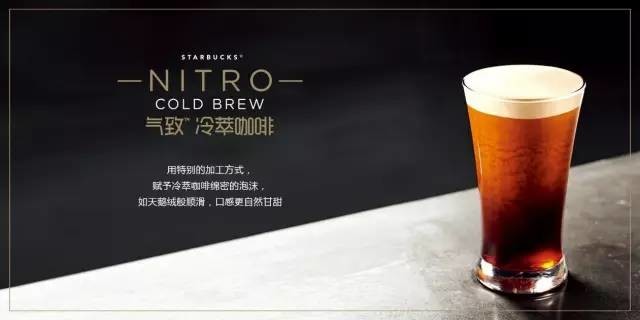
For professional baristas, please follow the coffee workshop (Wechat official account cafe_style)
Today, when I went to Starbucks, the barista recommended another season limit-"cold extract coffee". A normal cup of cold coffee doesn't look much different from iced American coffee. But in terms of price, the cold extract of the same medium cup (33 yuan) is more than 10 yuan more expensive than iced American coffee (22 yuan).
How can you be 50% more expensive than the American style?
Starbucks says Lengjie uses better coffee beans-just listen to it and don't take it too seriously. The real reason why it is expensive is actually the high time cost in the early stages of production.
What's the difference between cold coffee and iced American coffee?
Before cold coffee took root in the hearts of the people, Americans spent the summer on iced American coffee. The essence of iced American coffee is just American cooling. After the hot coffee is cooled, the sour and bitter taste will be enhanced, and the original aroma substance of the coffee will be lost. If it is not for weight loss or pick-me-up, people who take the initiative to choose iced American coffee are either helpless or a true savage of taste buds.
Cold extract coffee is different. instead of boiling, the coffee powder is directly soaked in water at room temperature (strictly speaking, not cold water) for 6 to 20 hours (depending on the method) to make espresso that can be diluted with water and placed on ice cubes. Since there is no heating process, in order to fully release the flavor of coffee powder, it is necessary to increase the production time.
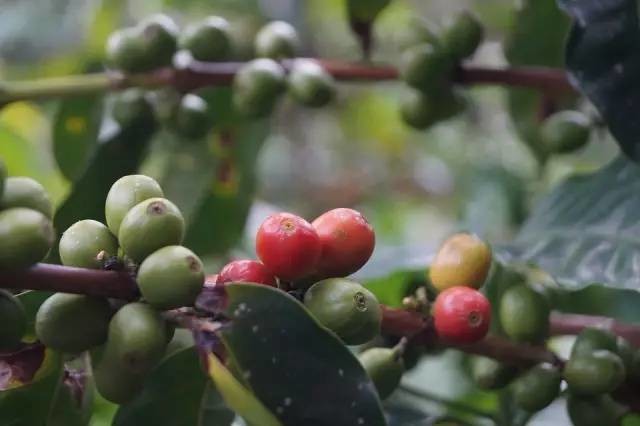
Thanks to the promotion of Starbucks, Lengshui Coffee has jumped from a niche coffee category to a new online celebrity sweeping the United States and even Europe since 2015.
In the past summer, it was usually the off-season in coffee shops, as coffee sales fell significantly in the summer and then rose sharply in the holiday season at the end of the year. Now, cold-extracted coffee has contributed to a surge in demand for coffee in the United States in the warmer months, even more than other iced coffee drinks.
Today, you can buy cold extracted coffee in most handmade cafes in the United States, or you can drink nitrogen cold extracted coffee from cans like beer cans. There is even a coffee brand called slingshot Coffee, which sells cold coffee made from bottled high-quality coffee beans.
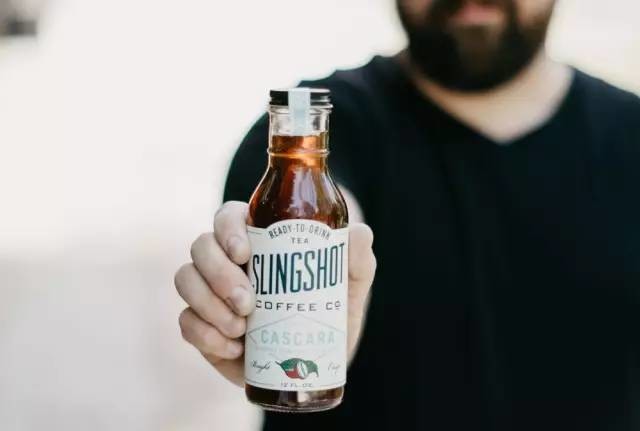
Compared with iced American coffee, cold extracted coffee can greatly reduce the bitter and sour taste produced in the cooking process while ensuring that enough coffee is rich in taste and sweetness. Because these bitter and astringent substances are actively released in high temperatures-and the unpleasant taste experience does not disappear after cooling, or even more intense (iced American coffee shivers in the corner).
However, the sour and bitter substances released by hot coffee sometimes assume the responsibility of providing aroma, so some coffee lovers say that cold-extracted coffee is not as strong as hot coffee.
Therefore, in the coffee circle, cold-extracted coffee is a very unique and niche label product, while the wind reviews reflect the wonderful characteristics of mixed praise.
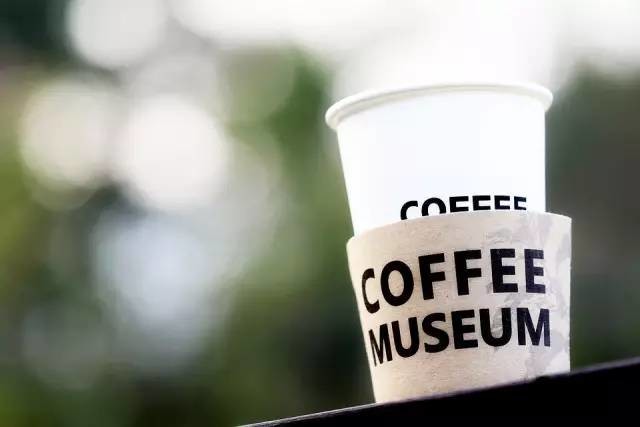
Excluding the irritating sour taste of cold hot coffee, cold extract is a "sweet and perfect sugar-free Coffee Milkshake, especially with a little milk." Andrew Linneman, vice president of Starbucks' global coffee team, describes it.
The highest state of delicious food should be the balance of various tastes, not an one-man show of a certain flavor. If iced American coffee is a hot slap in the face, cold extract should only be a gentle gift. Balance is beauty, and all good foods should follow this rule. Cold extract is much milder and more balanced than iced American coffee, which is the real contrast of a coffee layman.
Unfortunately, in the eyes of most Chinese consumers, cold coffee is still not popular. Because for them, Lengjie is really too "light".
It's not that cheap to be popular without hardship.
Traditional Chinese people are really not interested in the cold-making process.
For example, cold-brewed tea, a highly sought-after tea-making process in Taiwan, has also received a mediocre response in the mainland. After all, hot water + tea is every Chinese's obsession, you can call it traditional culture, you can also call it stereotype.
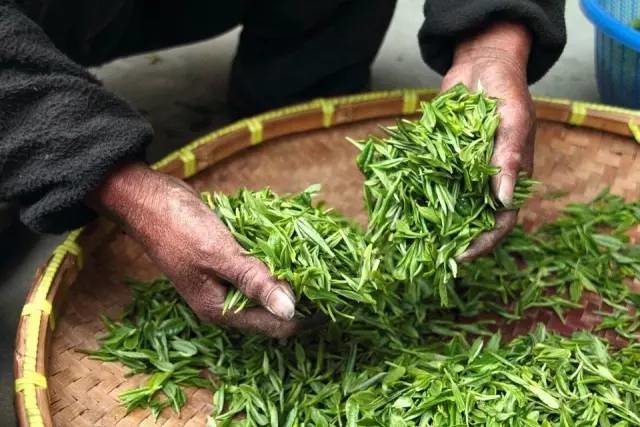
In fact, tea and coffee, in fact, they both have very similar characteristics. Traditionally, they both need to be soaked in hot water, and both have rich aroma and bitter taste. They can be regarded as the common pursuit of beverages by human beings, but they have become different representatives of the East and the West. In essence, they are the two sides of the same beverage.

Why do these two drinks have a cold bubble or cold extraction process? The core is to reduce the sour or bitter taste and improve the taste experience.
The problem is that for Chinese people, the taste of "bitterness" is not a big deal, and even many people think it is advanced. Think about your childhood, your mother advised you to eat balsam pear, but also said that clearing heat and relieving summer heat is good for your health, struggle for a long time, you still gnash your teeth to eat? See, the Chinese are really able to bear hardships.
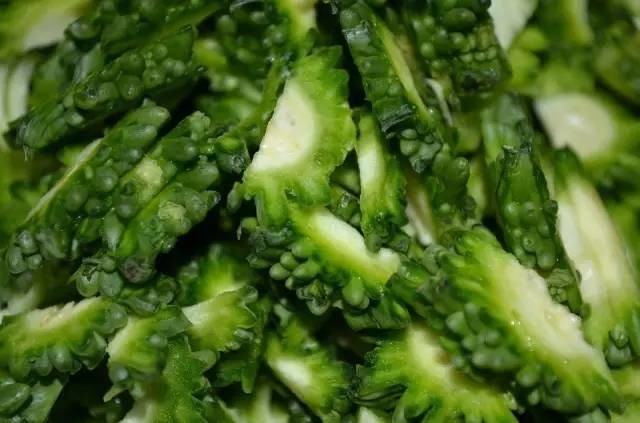
In ancient times, bitterness was a source of toxic substances, and identifying bitterness could help Chinese people survive better. And the Chinese do carry a gene called TAS2R16, which has the strongest ability to recognize toxicity, than any other race. According to the survey, modern Chinese generally have a strong ability to recognize bitterness.
With the passage of time, edible bitter substances were recorded, and traditional Chinese medicine made a note for them: "bitterness enters the heart, can purge fire, dryness and dampness, clear heat and detoxification, and so on." "as a result, edible bitter foods put on the cloak of clearing away heat and reducing fire, and the Chinese began to add to their popularity-even if the taste of these foods was really bad.
The Chinese who advocate "enduring hardship" do not enjoy the bitterness itself, but hope to inherit the powerful meaning behind it. They are not afraid to "bear hardships", and even want to "endure hardships" as much as possible, which is a unique code written into Chinese genes.
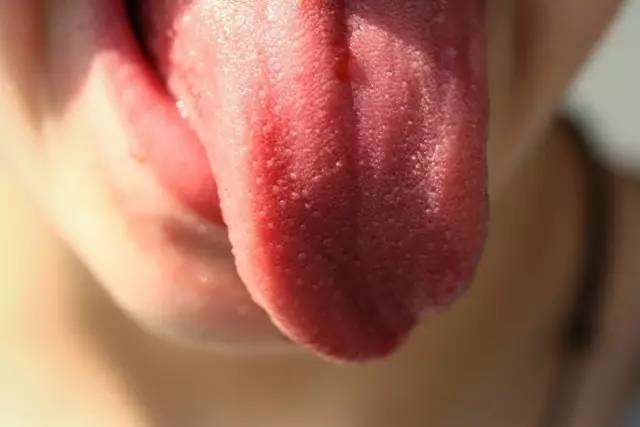
Many people say that cold coffee is too weak and tastes not enough, but it is just because it is not bitter enough. There is not enough aroma and bitterness, and it is not surprising that cold-extracted coffee and cold-brewed tea are not as popular in China as expected.
Interestingly, although Chinese consumers are not satisfied with the taste of cold coffee, it seems to be very popular in terms of sales.
A barista at Starbucks told me that cold extract sells better than iced American coffee every summer.
"Why?"
"because Lengjie only sells so many cups a day, limited."
It is said that Starbucks' cold coffee is always on the verge of being sold out, which seems to be just because of thirst for marketing.
Let's have a few more soul blows.
Although balance is beautiful, many natural things do not meet this requirement, as is the case for most tea and coffee beans. At this time, humans need to balance them by postnatal means, so we discover the cold extraction process and get the product of compromise-tea or coffee that is not bitter but not so fragrant.
But not without exception, products that are born with a balanced taste experience are generally rare, the price alone is prohibitive, and only a handful of people can afford it.
For example, a high-end coffee bean called "Rose Summer" has a mellow taste, rich aroma and a less bitter taste experience. But its price is also prohibitive, and the image of insiders is called "kneeling".
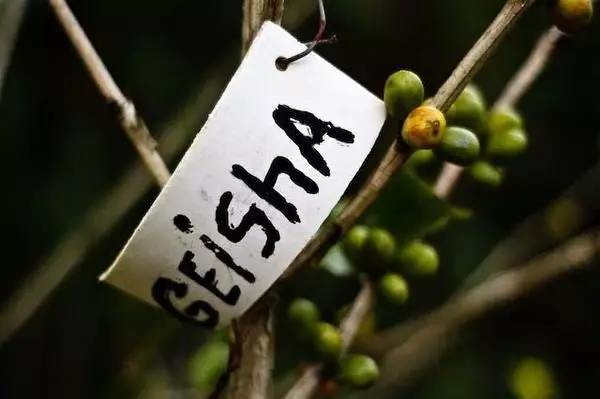
As for tea, high-quality tea has less to do with "bitterness". The more expensive the tea is, the clearer it will be after a short bitter taste. On the contrary, Kuding tea, which is extremely bitter, is about 100 yuan per jin on Taobao.
So, if you can't drink tea or coffee that tastes good and not bitter, it's just because you can't afford it.

Yeah, that's it.
Important Notice :
前街咖啡 FrontStreet Coffee has moved to new addredd:
FrontStreet Coffee Address: 315,Donghua East Road,GuangZhou
Tel:020 38364473
- Prev
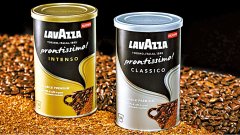
Italian family brand Lavazza launches instant coffee
For professional baristas, please follow the coffee workshop (Wechat official account cafe_style) (right) Classic (Classico) and extra strong (Intenso) Prontissimo! Each $69 Qualit Oro Grinding Coffee $89 Italian coffee brand Lavazza with a history of more than 120 years has been passed on to the fourth generation and has been owned by the Lavazza family. It is better for the brand to be named after the family name.
- Next
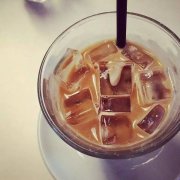
Nespresso pushes iced coffee for the first time and enjoys Qinliang special in 3 steps.
Professional barista communication please follow the coffee workshop (Wechat official account cafe_style) hot summer, have a cup of iced coffee! Capsule coffee maker brand Nespresso iced coffee this year for the first time launched two limited edition summer iced coffee, strong iced coffee Intenso On Ice and Rajaro iced coffee Leggero On Ice, showing a unique roasting and fruity aroma in the ice drink temperature, and as long as
Related
- What is the difference between Indonesian Sumatra Mantinin coffee and gold Mantinin? How to distinguish between real and fake golden Mantelin coffee?
- What does bypass mean in coffee? Why can hand-brewed coffee and water make it better?
- Unexpected! Ruixing Telunsu lattes use a smoothie machine to foam milk?!
- % Arabia's first store in Henan opens into the village?! Netizen: Thought it was P's
- Does an authentic standard mocha coffee recipe use chocolate sauce or powder? Mocha Latte/Dirty Coffee/Salty Mocha Coffee Recipe Share!
- What is the difference between Vietnam egg coffee and Norway egg coffee? Hand-brewed single product coffee filter paper filter cloth filter flat solution!
- What is the difference between sun-cured and honey-treated coffee? What are the differences in the flavor characteristics of sun-honey coffee?
- How to make Italian latte! How much milk does a standard latte use/what should the ratio of coffee to milk be?
- How to make butter American/butter latte/butter Dirty coffee? Is hand-brewed coffee good with butter?
- Is Dirty the cold version of Australian White? What is the difference between dirty coffee/decent coffee and Australian white espresso?

